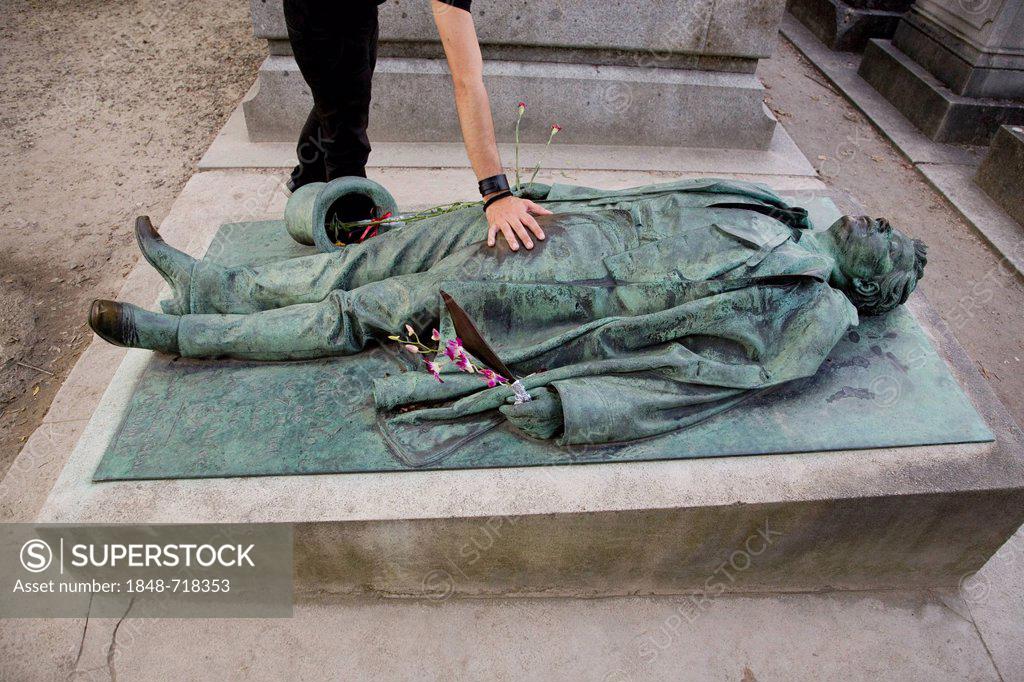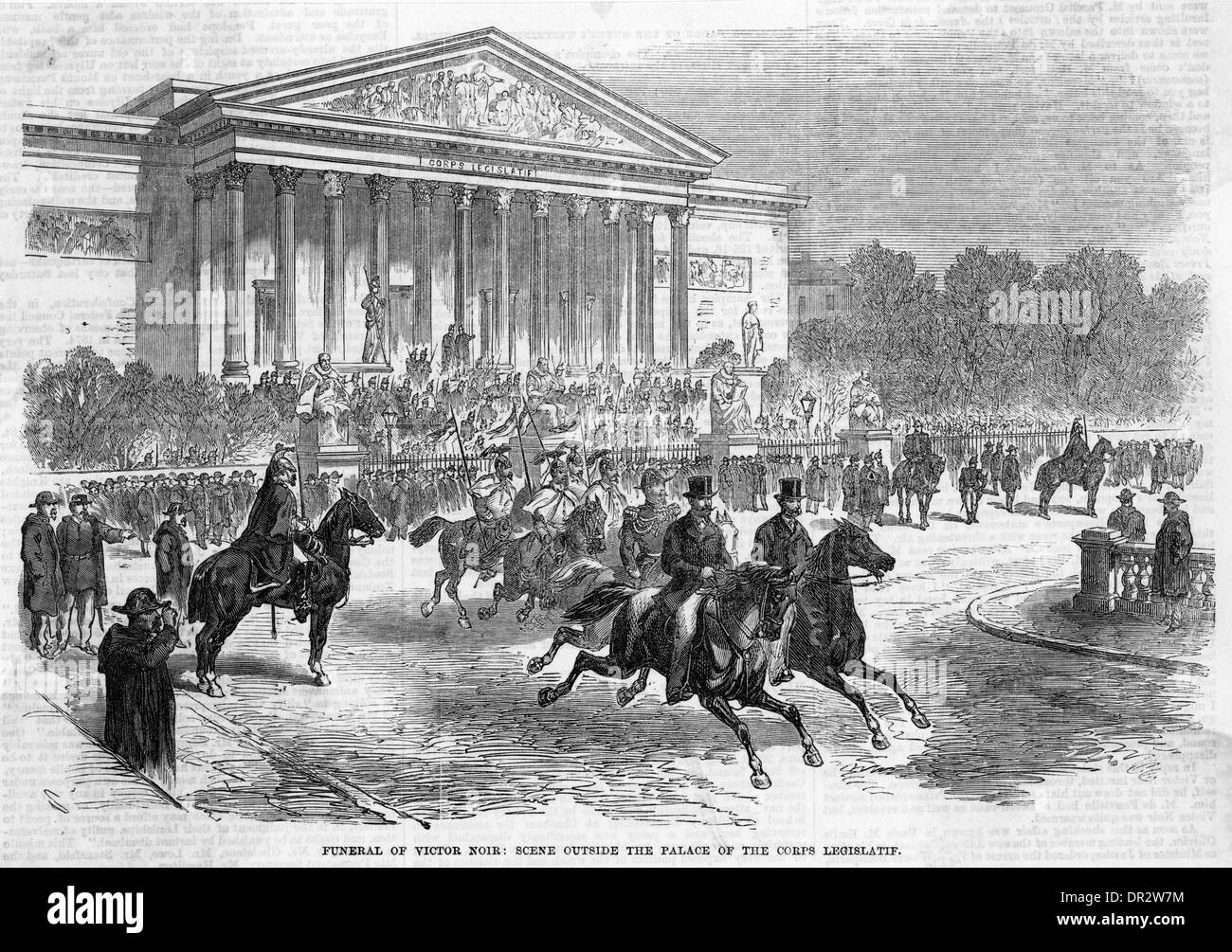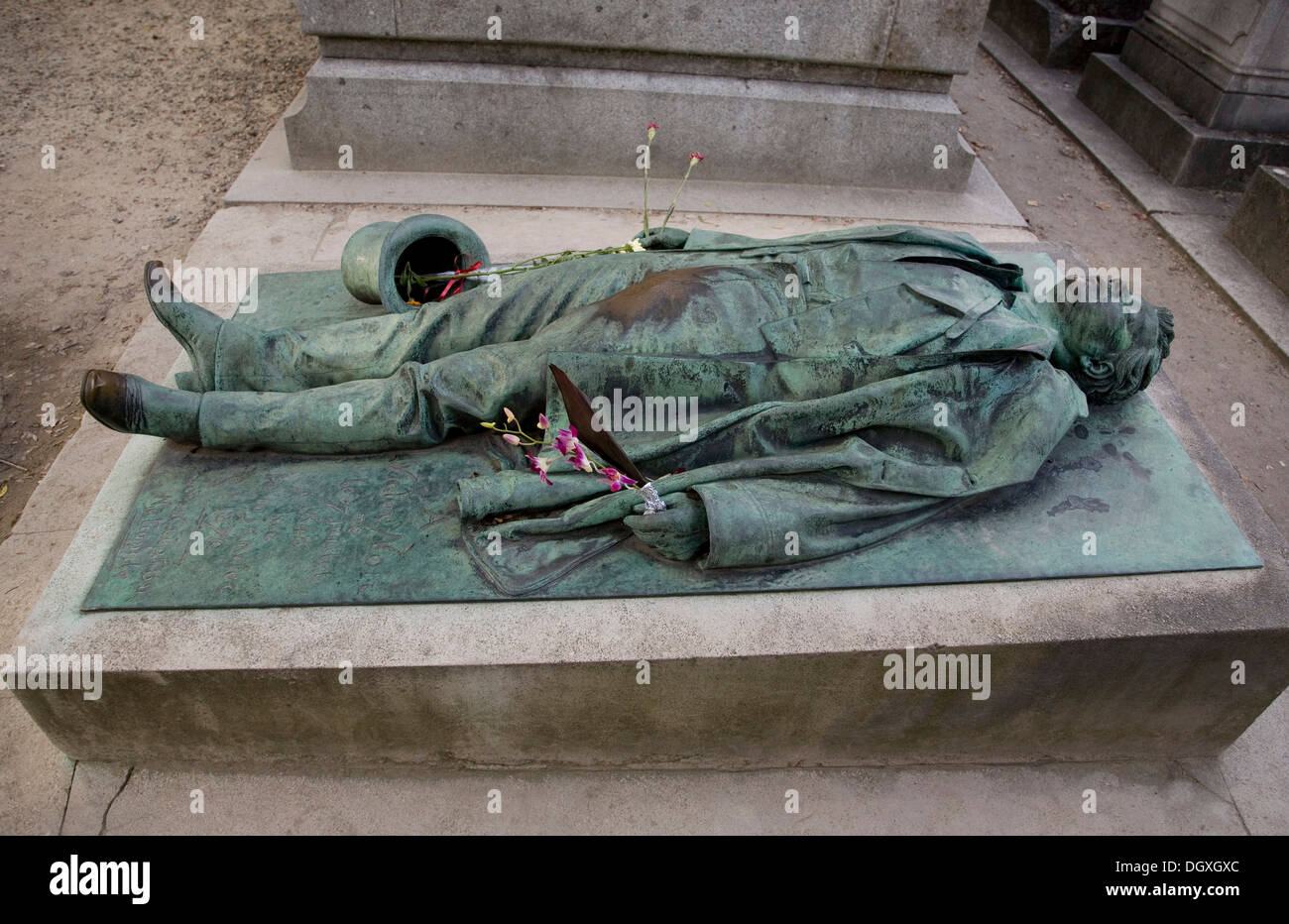Let me tell you something about Victor Noir, a name that echoes through history with a tragic tale. His death became a symbol, a story whispered in the corners of history books, and a mystery that continues to intrigue people even today. Victor Noir died under circumstances that sparked debates, emotions, and even political tensions in 19th-century France. His story is not just about a man who passed away; it’s about the impact his death had on society, politics, and culture.
Imagine walking through the streets of Paris in the mid-1800s, where political unrest and social change were brewing. Victor Noir was a journalist, a voice for the people, and his death became a rallying cry for those seeking reform and justice. His name might not be as famous now as it once was, but his legacy lives on in the hearts of those who believe in the power of truth and the courage to stand up for what’s right.
This article dives deep into the life, death, and legacy of Victor Noir. We’ll explore the events leading up to his death, the controversies surrounding it, and how his story continues to resonate today. So, buckle up, because we’re about to take a journey through time, politics, and human emotion.
Table of Contents
- Victor Noir's Biography
- Victor Noir Died: The Day It Happened
- Political Impact of Victor Noir's Death
- Public Reaction and Social Movements
- The Lasting Legacy of Victor Noir
- Victor Noir Mythology: Facts vs Fiction
- Victor Noir Memorial: A Place of Pilgrimage
- Victor Noir in Modern Culture
- Analysis of Victor Noir's Death
- Conclusion: Remembering Victor Noir
Victor Noir's Biography
Early Life and Career
Victor Noir wasn’t just any journalist; he was a man with a mission. Born in 1848 in a small town in France, his early life was marked by struggles and aspirations. His family was poor, but his determination to make a difference was unmatched. He worked tirelessly to educate himself and eventually found his calling in journalism, becoming a voice for the oppressed and a critic of the establishment.
As a journalist, Victor Noir wrote for La Marseillaise, a newspaper known for its radical views and commitment to social justice. His articles often criticized the ruling class and advocated for the rights of the working people. His words were powerful, and his influence grew rapidly, making him a target for those in power who feared his impact.
Data and Facts
Here’s a quick look at some key facts about Victor Noir:
| Full Name | Victor Noir |
|---|---|
| Birth Date | January 23, 1848 |
| Death Date | January 10, 1870 |
| Profession | Journalist |
| Known For | His role in advocating for social justice and his tragic death |
Victor Noir Died: The Day It Happened
Now, let’s talk about the day Victor Noir died. It was January 10, 1870, a cold winter day in Paris. The events leading up to his death are as intriguing as they are tragic. Victor Noir had gone to meet Pierre Bonaparte, a member of the Bonaparte family, to discuss an article he had written criticizing the family. The meeting turned into a heated argument, and before anyone could intervene, Pierre Bonaparte shot Victor Noir, claiming self-defense.
Victor Noir died shortly after, and his death sent shockwaves through Paris and beyond. The circumstances surrounding his death were murky, and many believed that it was a political assassination rather than a simple case of self-defense. The public outcry was immense, and his funeral became a massive demonstration against the ruling elite.
Political Impact of Victor Noir's Death
The Spark of Revolution
The death of Victor Noir became a catalyst for political change in France. It highlighted the deep divides between the ruling class and the common people. The public, already discontent with the government, saw his death as a symbol of the oppression they faced daily. Protests erupted across the country, and the demand for reform grew louder.
Politicians were forced to take notice, and some even used Victor Noir’s death as a platform to push for change. His story became intertwined with the political landscape of the time, influencing policies and public opinion for years to come.
Public Reaction and Social Movements
The public reaction to Victor Noir’s death was overwhelming. Thousands attended his funeral, turning it into a massive demonstration. People from all walks of life came together to honor a man who had given a voice to the voiceless. The funeral procession was a powerful display of unity and resistance against the oppressive regime.
This public reaction sparked social movements that sought to address the inequalities and injustices prevalent in society. Victor Noir became a symbol of hope and change, inspiring people to fight for their rights and demand a better future.
The Lasting Legacy of Victor Noir
Victor Noir’s legacy extends far beyond his untimely death. His commitment to truth and justice continues to inspire journalists and activists around the world. His story is a reminder of the power of the pen and the importance of standing up for what is right, even in the face of adversity.
Today, Victor Noir is remembered not just for how he died, but for how he lived. His work as a journalist and his dedication to social justice have left an indelible mark on history. His legacy lives on in the hearts of those who continue to fight for a more just and equitable world.
Victor Noir Mythology: Facts vs Fiction
Over the years, many myths and legends have grown around Victor Noir’s death. Some claim that his death was orchestrated by a secret society, while others believe that he was a hero who sacrificed himself for the greater good. The truth, however, lies somewhere in between.
While some of these myths may be exaggerated, they reflect the deep impact Victor Noir had on society. His story continues to captivate the imagination, and the mythology surrounding his death serves as a testament to his enduring legacy.
Victor Noir Memorial: A Place of Pilgrimage
The Victor Noir memorial, located in the Père Lachaise Cemetery in Paris, has become a place of pilgrimage for those who wish to honor his memory. The statue of Victor Noir, lying on a marble slab, is a powerful reminder of his tragic death and the impact he had on the world.
Visitors from all over the world come to pay their respects, leaving flowers and notes as a tribute to a man who gave his life for a cause greater than himself. The memorial serves as a symbol of hope and resilience, reminding us of the power of standing up for what is right.
Victor Noir in Modern Culture
Victor Noir’s story continues to be relevant in modern culture. His life and death are often referenced in literature, film, and art, serving as a reminder of the struggles and triumphs of the past. His commitment to truth and justice resonates with people today, as we continue to face challenges and seek change.
In a world where information is more accessible than ever, the lessons of Victor Noir’s life are more important than ever. His story teaches us the importance of using our voices to speak truth to power and to fight for a better future.
Analysis of Victor Noir's Death
When we analyze the death of Victor Noir, we see a complex web of political and social factors at play. His death was not just a personal tragedy but a reflection of the larger issues facing society at the time. The circumstances surrounding his death highlight the dangers of speaking truth to power and the importance of protecting those who do so.
His death also serves as a warning about the dangers of unchecked power and the importance of accountability. It reminds us that the fight for justice is never easy, but it is always necessary.
Conclusion: Remembering Victor Noir
In conclusion, the story of Victor Noir is one of courage, sacrifice, and legacy. His death was a tragedy, but it also became a symbol of hope and change. His commitment to truth and justice continues to inspire people today, reminding us of the power of standing up for what is right.
I urge you to share this article, leave a comment, or explore more about Victor Noir and the impact he had on the world. Let’s keep his memory alive and continue the fight for a more just and equitable society. Remember, the pen is mightier than the sword, and Victor Noir proved that with his life and death.


